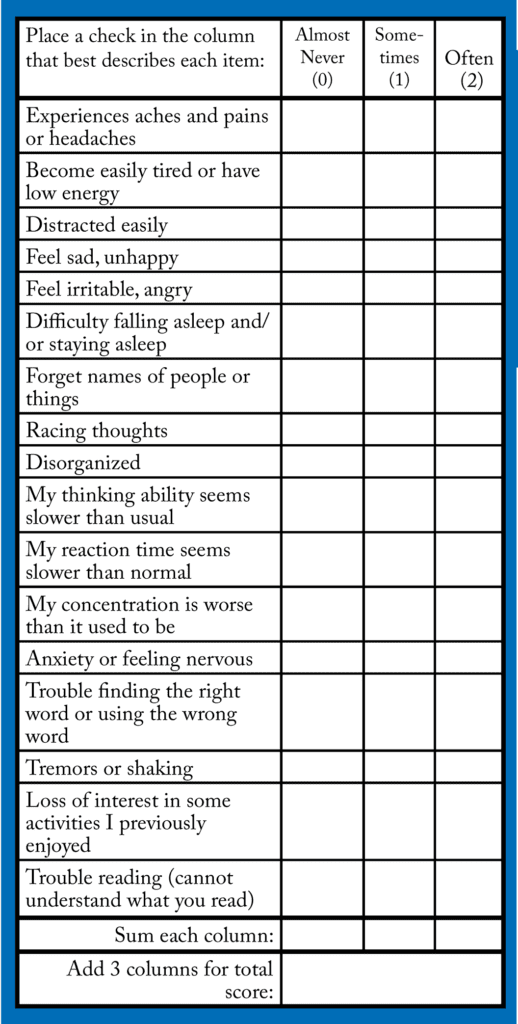EVOKE
Evoke Neuroscience Brain Map with Targeted Neurofeedback
Evoke Neuroscience Brain Map with Targeted Neurofeedback.
Your BRAIN is unique to you, your treatment should be just as unique.
With Quantitative EEG (qEEG) you get personalized assessments and treatments of your brain for a wide variety of conditions. Common conditions treated are: Self-Esteem, Mood, Memory, Anxiety, Depression, PTSD, ADHD, Insomnia, and even to unleash your innate healing power (see a longer list below).
Quantitative EEG (qEEG) also called brain mapping can pin-point areas of your brain that are functioning at suboptimal levels result in your symptoms. Using this information, we design, specific to you, neurofeedback programs to normalize your brain function.
What is Neurofeedback?
Neurofeedback is biofeedback for the brain. After identifying the areas to be treated with brain mapping we create programs to “reward” you when your brain map improves in the areas we are targeting. The reward is generally a color change or sound on the computer as we monitor your brain activity with the qEEG. Nothing is being “put into” your brain (think of it like a heart monitor). The system is simply monitoring your brain; when it creates healthy patterns, the system gives the reward.
Sessions last about an hour. They consist of sitting in front of a computer screen and gently focusing on something that relaxes you. When the brain areas we are interested in move into a healthy patter you are given a signal by the computer, so you know what that healthy pattern feels like. Over time you learn to bring that feeling up at your will.
In addition to the conditions listed above Brain map directed Neurofeedback has been helpful in these disorders:
- Sensory processing disorder
- Epilepsy/seizure disorder
- Bipolar disorder
- Attachment disorder
- Autism
- Stroke
- Brain fog
- Dyslexia (major reading issues)
- Dyscalculia (major problems with math)
- Tics and Tourette’s syndrome
- Auditory processing issues
- Fine and gross motor function
- Lyme disease
- Traumatic brain injury (TBI)
- Post-traumatic stress disorder (PTSD)
- Substance abuse cases
- Concussions
- Parkinson’s disease
- Alzheimer’s disease and dementia
- Executive function disorder
- Self-Mastery
- Misophonia (abnormally strong, negative reaction to normal human sounds like chewing/breathing)




